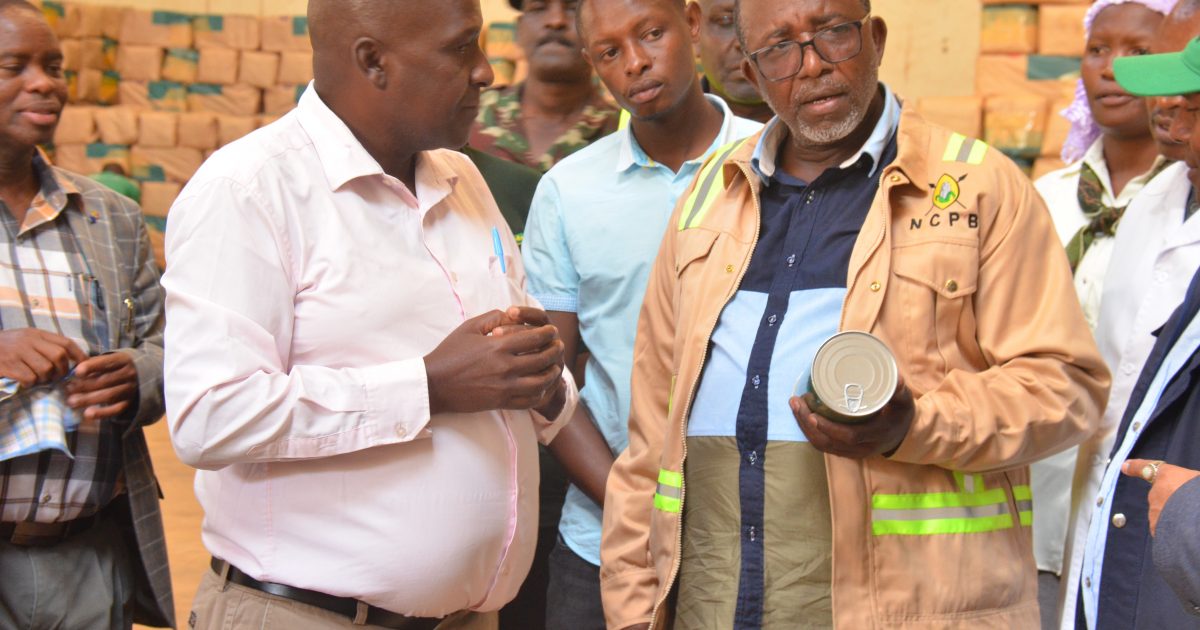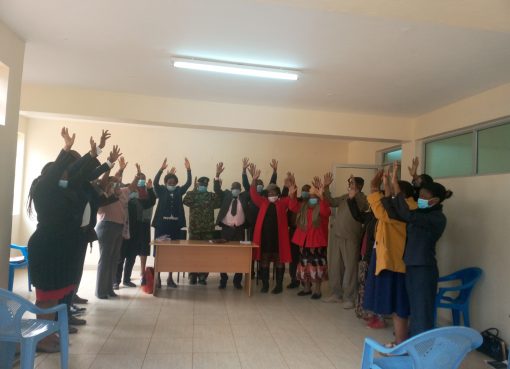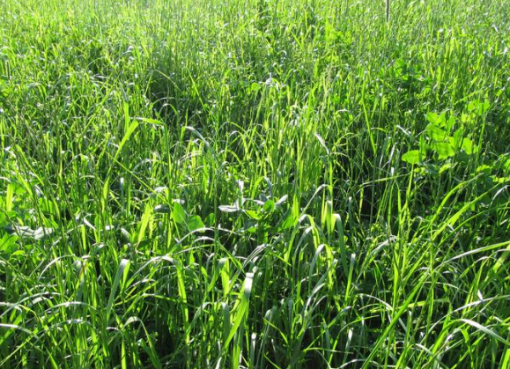The government through the Ministry of Agriculture has delivered two driers to Meru County to dry grains in the region thus minimising post-harvest losses.
Speaking at Meru National Cereals and Produce Board (NCPB) stores on Thursday, Agriculture and Livestock Development Cabinet Secretary Mithika Linturi said the government was out to increase food security in the country by minimising post-harvest losses.
“Statistics from the Food and Agricultural Organization (FAO) indicate that 40 percent of the food that we grow is wasted due to mismanagement and because we want to bring it to zero, that is the reason the government has put in a lot of resources in the acquisition of driers, purchase of laboratory testing equipment and facilities,” said Linturi.
The CS also commissioned a moisture content testing laboratory that farmers will be accessing to measure the moisture content in their grains before storage.
“You know very well Meru leads in cases of cancer and scientific research has shown that cancer is caused by some toxins found in aflatoxin and for that matter, we want to ensure people from Meru and Kenya at large get safe food by ensuring they are aflatoxin-free,” said Mr Linturi.
He said farmers should also know that the NCPB is a certified warehouse and that once they take their produce there, it will be taken good care of and could be accessed for sale once the prices are high.
“As we support the ambitious plans of distributing fertilizers which I launched in North and South Rift recently, we are also helping farmers to reduce moisture levels of their grains through distribution of driers and commissioning of aflatoxin testing laboratories,” said Linturi.
He said farmers should not be worried as the stores are properly spread across the country.
“For now, what I want to ask farmers is to take advantage of the stores, laboratories, and driers to ensure their produce does not go to waste,” said Linturi.
Noting that food security begins with the right seeds, the CS said the Ministry has a branch of Kenya Seeds company at the Meru stores which is mandated to distribute quality and cheaper seeds to farmers in the region.
He noted that the country was using a lot of money to import edible oils, and it is for this reason that he urged farmers from Meru and the neighbouring counties to be on the frontline in planting edible oil crops like sunflower in large quantities.
“We are spending a lot of money as a country to import edible oil which has so far drained this country of the much-needed dollar notes,” said the CS.
“To address this, I encourage farmers from this region to start thinking of how to engage in the planting of edible oil crops,” he said.
He added that it was towards this end that the Ministry of Agriculture identified Meru as one of the lead counties to engage with in planting the crops.
“Already, a lorry-full of sunflower seeds has been off-loaded at the Meru stores and I assure all farmers of sufficient supply of the same,” he added.
Linturi said they would soon be issuing the seeds and immediately the rain kicks off in the region in March, the farmers would also be advised on the specific time they would start planting.
“If we increase the volume of sunflower production in the country, we will reduce the import budget on our edible oil,” said the CS.
“We therefore need to produce and supply our industries with required raw materials, increase exports to different countries, and attract foreign payments to balance our trade,” said Linturi.
By Dickson Mwiti





